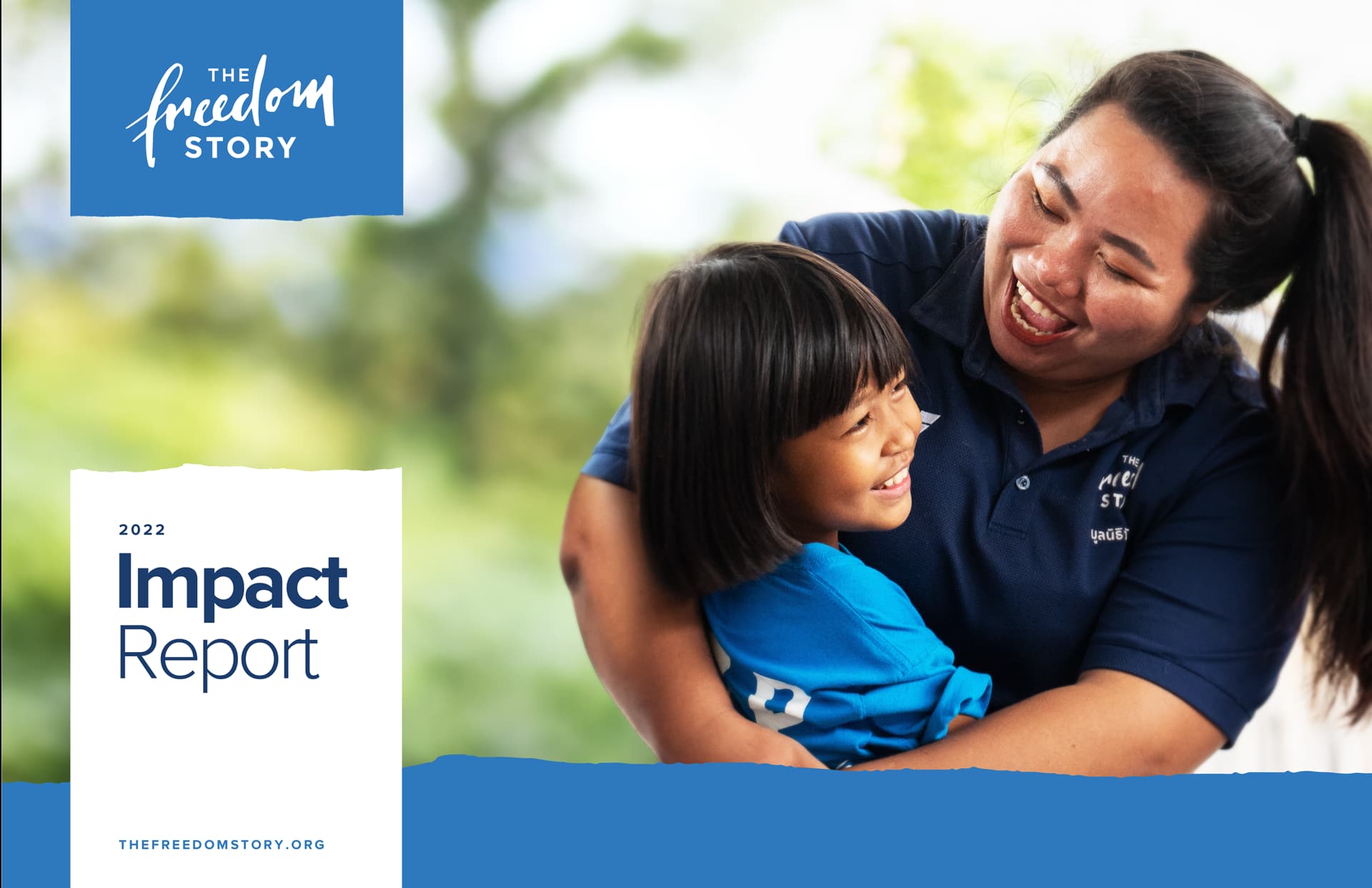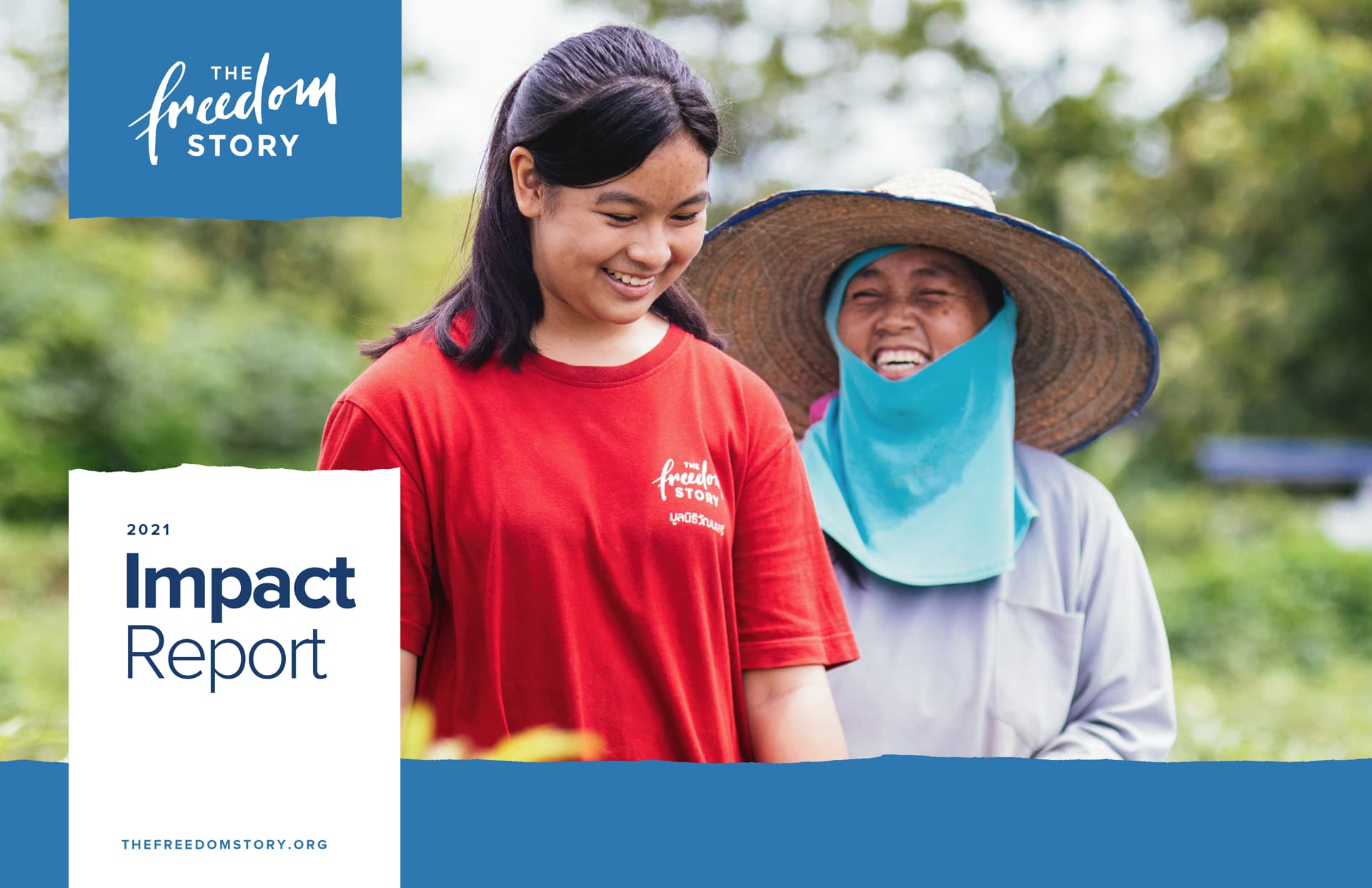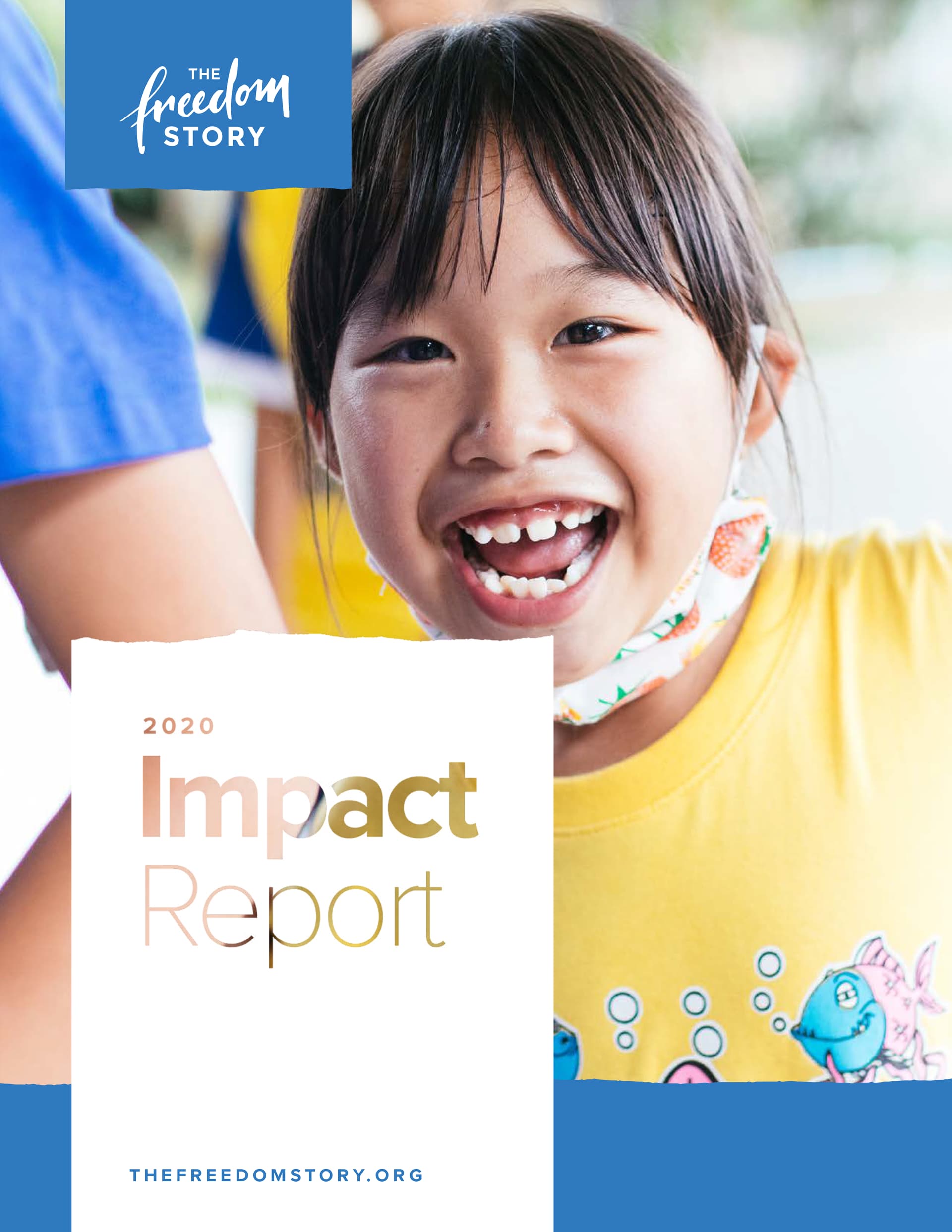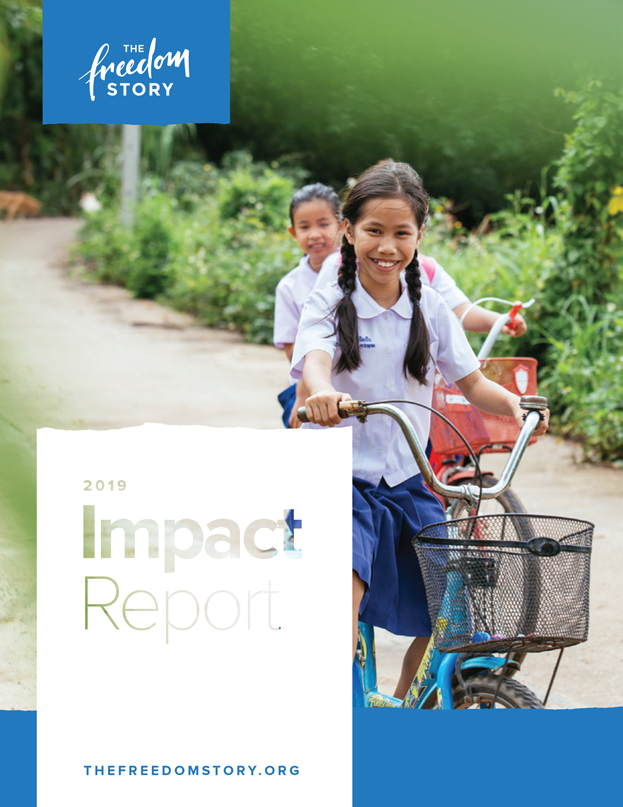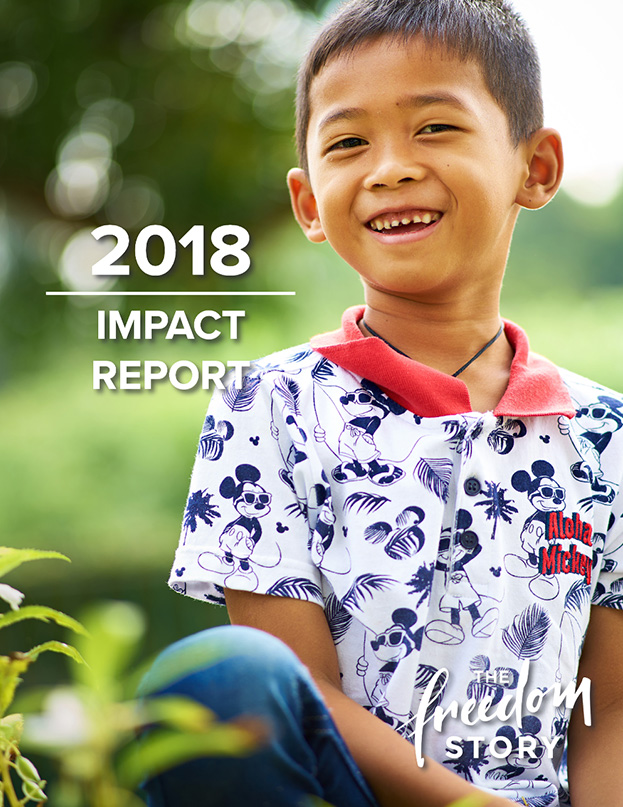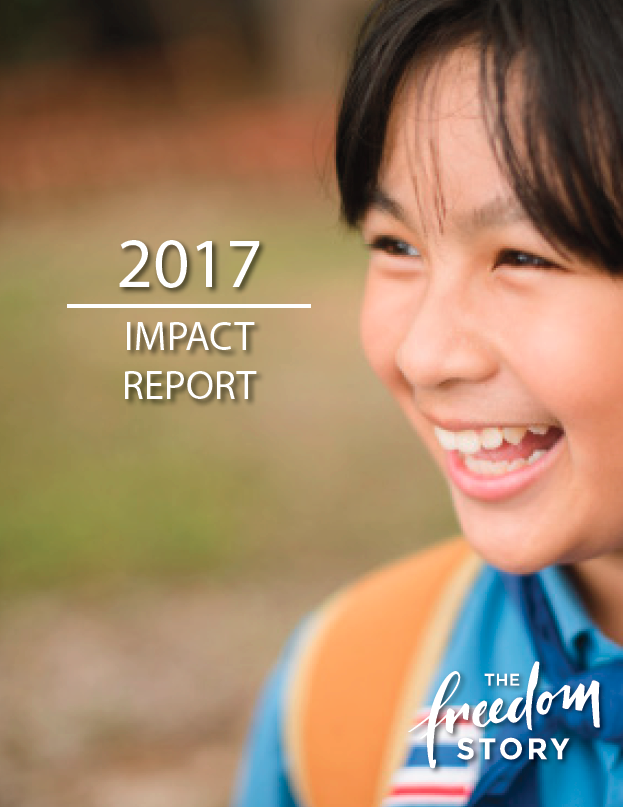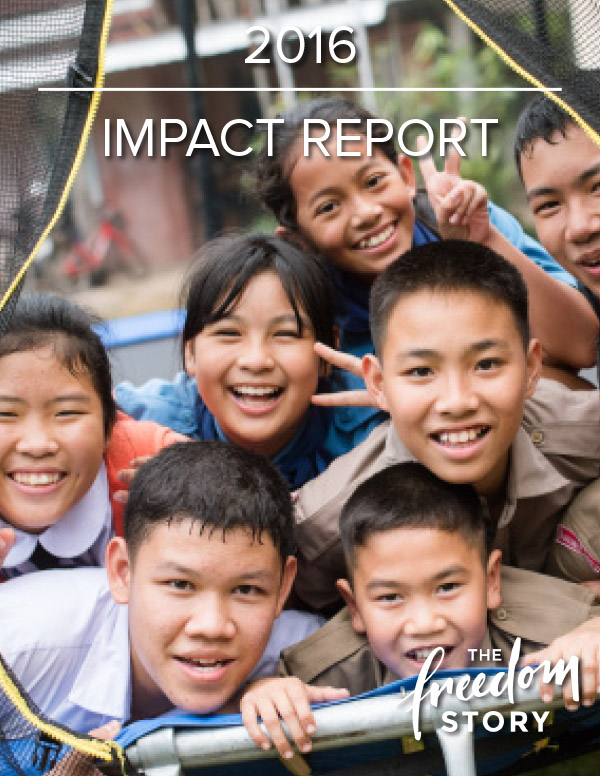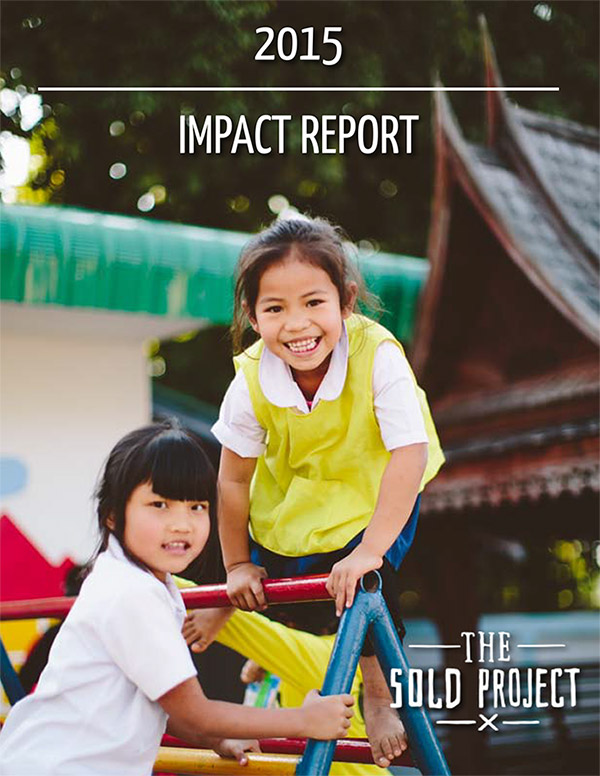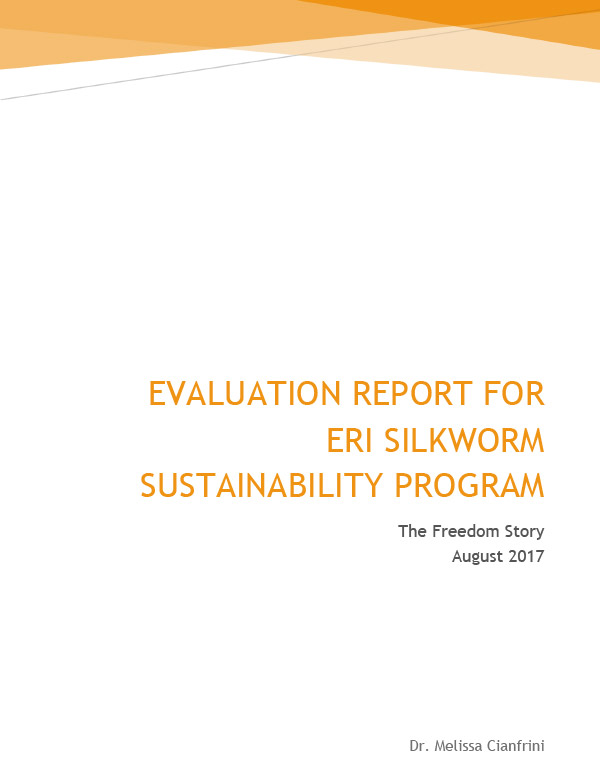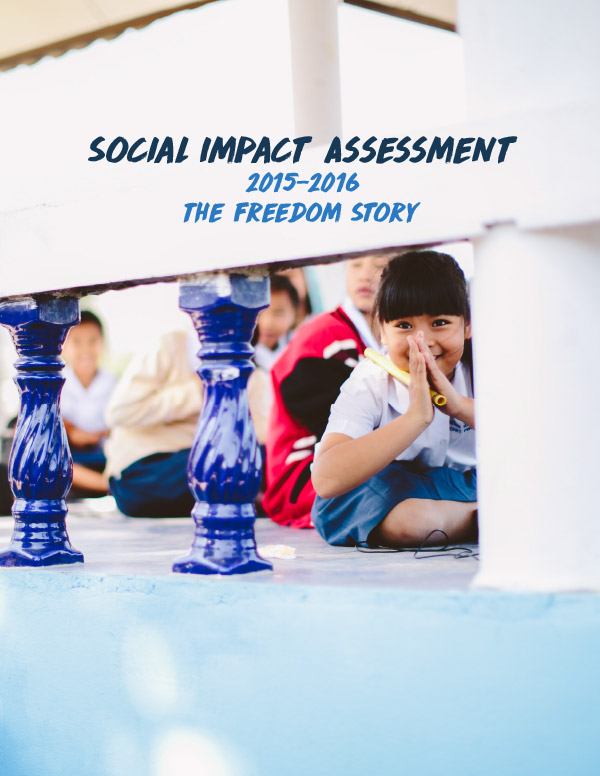results through the years
Our scholarships and resources empower at-risk Thai students to stay in school, pursue their dreams, and break the cycle of poverty and exploitation. Our efforts in the US are centered around telling dignifying stories that encourage people to become a part of changing our world for the better.
impact on our students
We care about our impact on the communities we work in and are committed to sharing that impact with you transparently.
From our research we know this about our community:
- 26% of guardians of our students never went to school.
- A further 48% had some exposure to primary education.
- 42% of students are a single or double orphan.
- 17% of students are stateless or lack proper legal status.
- 81% of families are living on less than $2 USD per person per day.
survey results
Our scholarship students are chosen through a rigorous process that helps us to support the most at-risk students in the region. We administrate yearly surveys that help to measure the outcomes of our program and assess how successful we are being in addressing the root causes of child trafficking in Northern Thailand. So far, the results are encouraging.
91% of our students, the most at-risk in the region, graduate at all levels. We have supported 50 students to graduate with their associates or bachelor’s degrees.
91% of our students, the most at-risk in the region, graduate at all levels. We have supported 50 students to graduate with their associates or bachelor’s degrees.
95% of students agree The Freedom Story has made them more confident that they will complete their educational goals.
86% of students agree that because of The Freedom Story’s support, they have higher educational goals than before.
44% of students said they knew someone who had worked in the sex industry (including bars, karaoke, and massage parlors). 33% answered they didn’t know, 8% declined to answer and 15% said they didn’t know anyone.
95% of students agreed that The Freedom Story has prevented human trafficking
89% of students agreed that if a family needs their children to help work and bring money, they should go to school and work only if it does not hurt their grades.
96% of students agreed that it is equally important for boys and girls to keep going to school.
2% said it’s more important for boys and 2% said they didn’t know.
MORE RESOURCES
Newsletters
Reading: Human trafficking
Kevin Bales, Disposable People: New Slavery in the Global Economy ( University of California, 2012)
E. Benjamin Skinner, A Crime So Monstrous: Face to Face with Modern-Day Slavery (Free Press, 2009)
Louise Shelly, Human Trafficking: A Global Perspective (Cambridge University Press, 2010)
Siroj Sorajjakool, Human Trafficking in Thailand: Current Issues, Trends, and the Role of the Thai Government (Silkworm Books, 2013)
Julia Manzanares and Derek Kent, Only 13: The True Story of Lon (Only 13 Publications, 2006)
Janie A. Chuang, “The Challenges and Perils of Reframing Trafficking as ‘Modern-Day Slavery.’”
Fiona David, “When it Comes to Modern Slavery, do Definitions Matter?”
Reading: Gender, Sex Work, and Trafficking
Nicholas Kristof and Sheryl WuDunn, Half the Sky: Turning Oppression into Opportunity for Women Worldwide (Vintage, 2010)
Leslie Ann Jeffery, Sex and Borders: Gender, National Identity, and Prostitution Policy in Thailand (Silkworm Books, 2003)
Reading: Sex work
Rachel Moran, Paid For: My Journey Through Prostitution (W.W. Norton and Company, 2013)
Melissa Gira Grant, Playing the Whore: The Work of Sex Work (Verso, 2014)
Elizabeth Bernstein, “What’s Wrong with Prostitution? What’s Right with Sex Work? Comparing Markets in Female Sexual Labor,” 10 Hastings Women’s L. R. 91 (1999)
Sea-Young Cho, Axel Dreher, and Eric Neumayer, “Does Legalized Prostitution Increase Human Trafficking,” World Development 41 (2013): 67 – 82.
Rachel Moran, “Buying Sex Should not be Legal.” The New York Times, The Opinion Pages, August 28th, 2015.
The Freedom Story believes strongly in the Nordic Model, which criminalizes those purchasing sex while decriminalizing those selling it.
Reading: General Q & A
Nicholas Kristof and Sheryl WuDunn, Half the Sky: Turning Oppression into Opportunity for Women Worldwide (Vintage, 2010)
David A. Feingold, “Human Trafficking: Think Again.” Foriegn Policy

